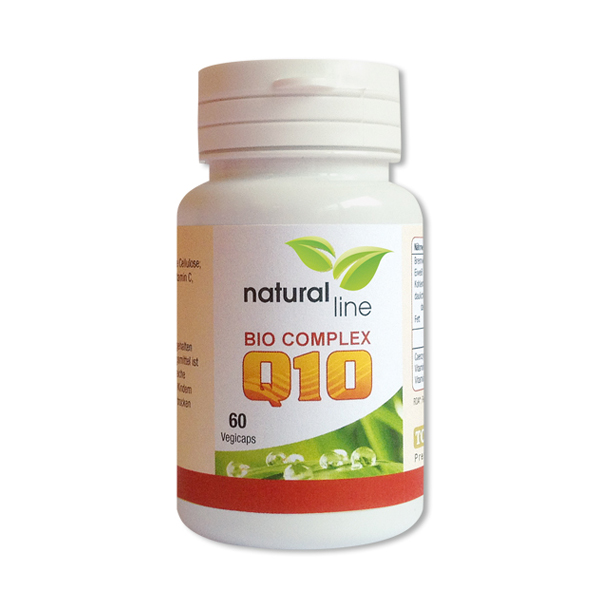COENZYME Q 10
In 1978 Peter Mitchell received the Nobel prize for his discovery of the role that Q 10 plays in accumulating energy in the cells.
Linus Pauling, a multiple noble prize winner, who lived to the age of 95 wrote: "Q 10 is one of the most important discoveries in the science of nourishment in the last few decades." He himself took it daily. Q 10 contributes to the enhancement of quality of life like few other substances. The stabilising effect of Q 10 plays a significant role. Without Q 10 there is no production of energy and therefore no life. A strong immune system is also inconceivable without Q 10. If there is sufficient Q 10 in the body it is stored where problems and strains occur, and in this way it builds a strong defence. The positive effects of Q 10, which have been discovered in many investigations, show that a healthy body is also reliant on a sufficient supply of this coenzyme. This is why coenzyme Q 10 is finally becoming more and more popular as a nutritional supplement for us. Q 10 is extremely effective as a antioxidant and ensures that the body is detoxified by destroying free radicals. This coenzyme is thus vital as an absorber of free radicals and a supplier of energy. It accelerates the biochemical reaction in the body and in this way ensures continuous energy production.
The organism is well accustomed to Q 10 as it is a substance produced naturally in the body. There are no side effects when used in normal doses. Even additional intake of Q 10 has no effect on the body's own production; the stores are simply topped up and the body is supported in its natural production of Q 10. The body has an increased use for Q 10 when under particular strain, such as sport and exertion. It also requires more Q 10 during physical stress and illness, as well as in cases of an unhealthy lifestyle such as smoking or the consumption of alcohol. The body's ability to produce Q 10 itself also decreases substantially with age. From the age of 40 organs already show 30% fewer Q 10 coenzymes than a 20 year old person. Many scientific studies show that many bodily functions are already substantially affected when there is a Q 10 deficit of 25%. Therefore regular intake of Q 10 coenzyme on a daily basis should be considered as a sensible supplement to daily nutrition from the age of 40 years onwards, at the latest.
